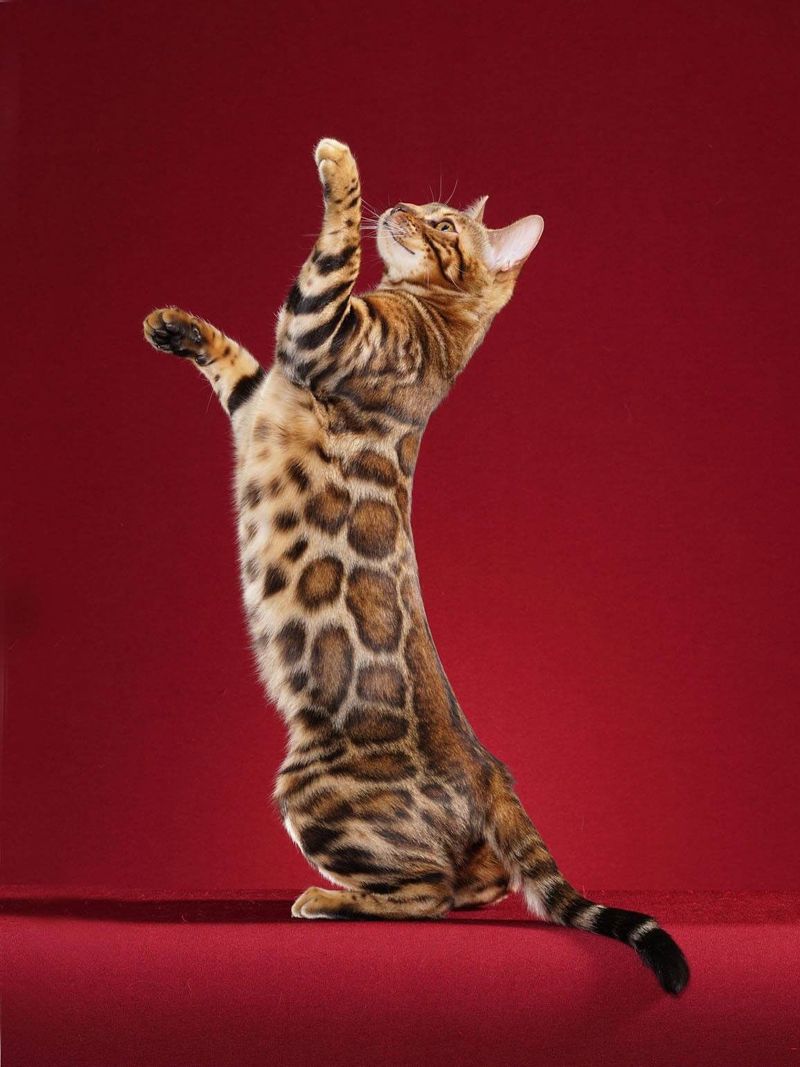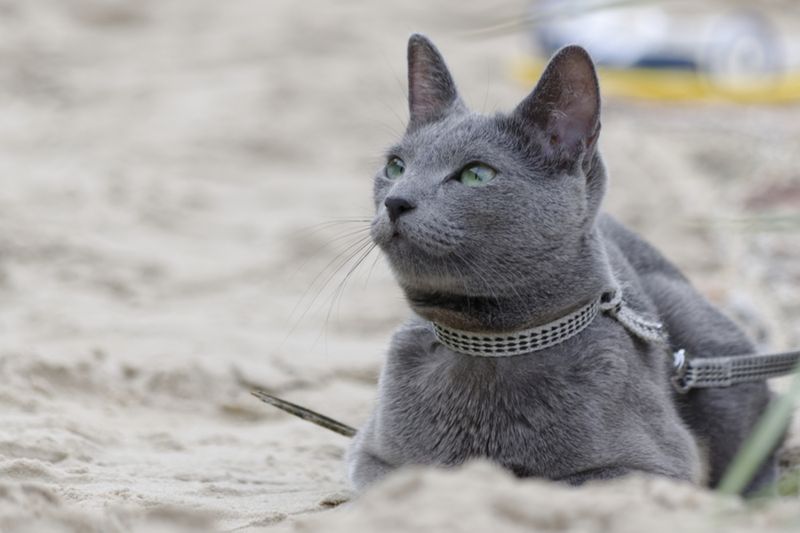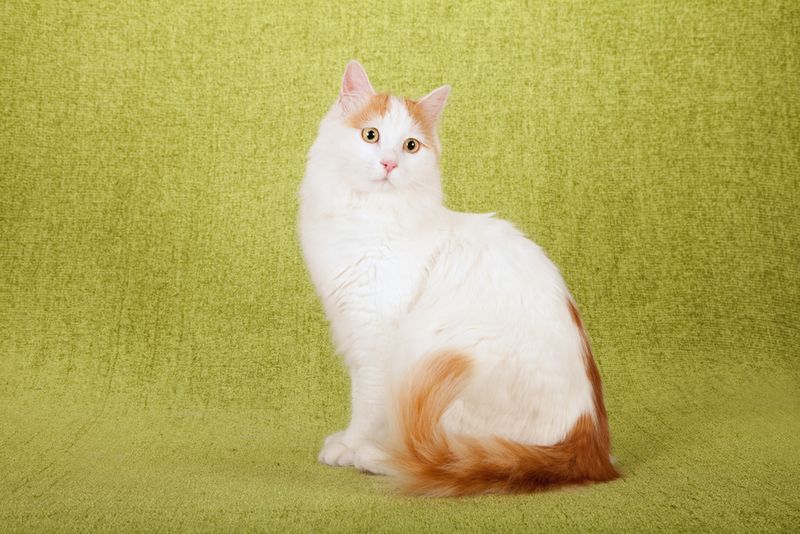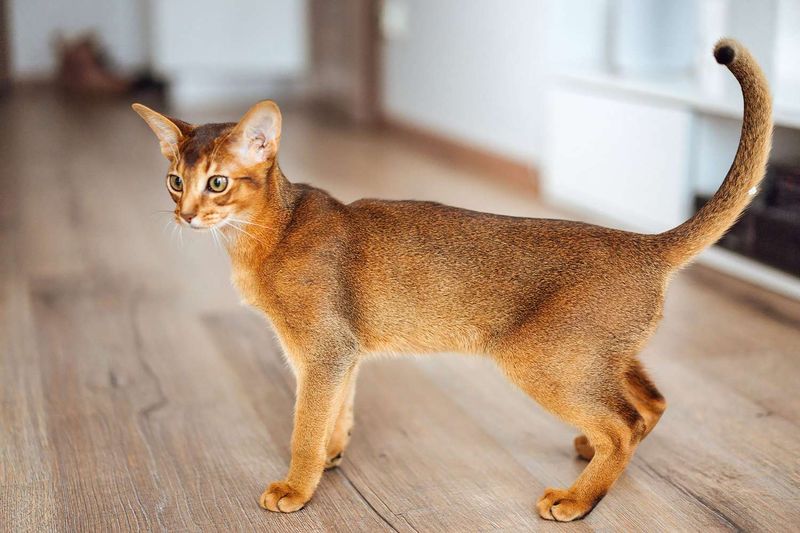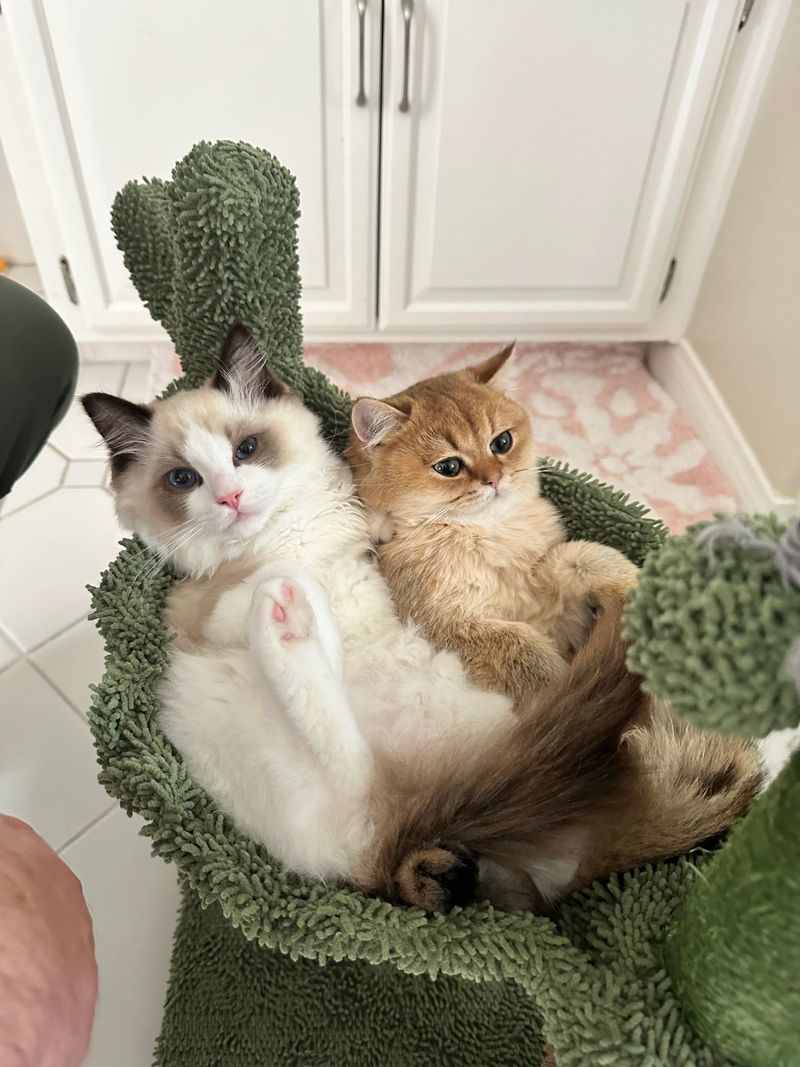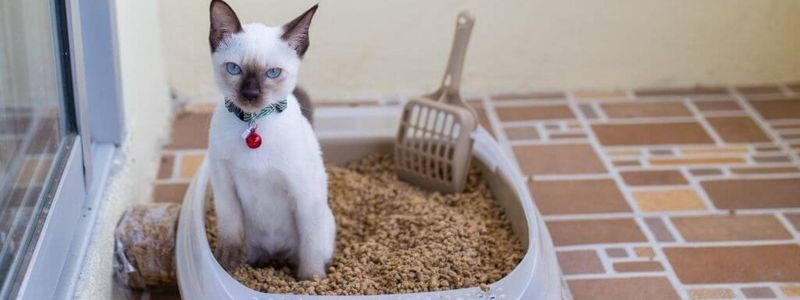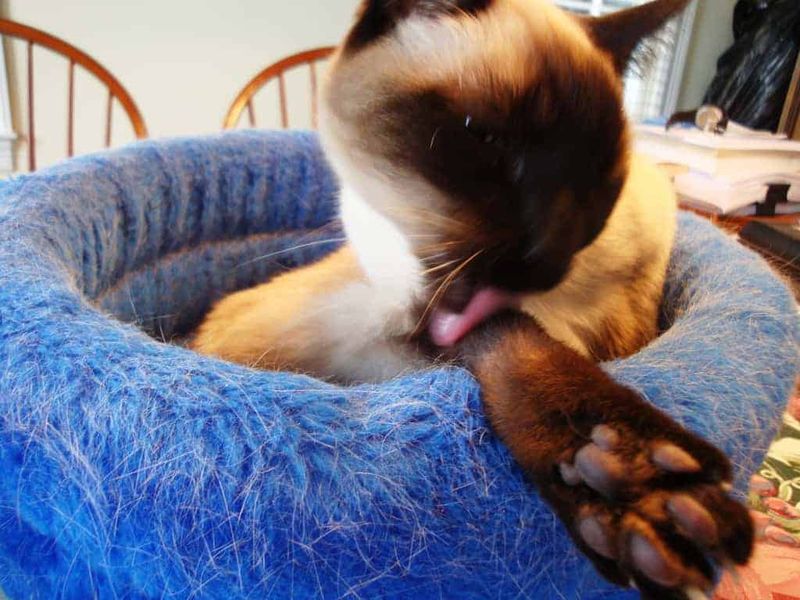📖 Table of Content:
A groundbreaking study by the University of Helsinki delved into the intriguing world of feline psychology, revealing seven distinct personality traits shared among various cat breeds. Examining over 4,300 cats from 26 breed groups, researchers identified traits such as activity levels, fearfulness, and sociability. These findings highlight significant behavioral differences among breeds, aiding in better understanding and care for these beloved pets.
1. Activity/Playfulness
Ever wondered why Bengal cats seem to have endless energy? These felines are known for their remarkable activity levels. With a keen sense of playfulness, they can turn any ordinary day into an adventure. Their lively antics often serve as a source of entertainment for their human companions. A Bengal’s boundless energy requires ample space and interactive toys to keep it engaged and happy. Providing mental and physical stimulation can prevent boredom-related behavior issues. In a busy household, a Bengal cat thrives, transforming simple moments into playful escapades.
2. Fearfulness
Russian Blues are famous for their cautious demeanor. These cats exhibit a higher tendency towards fearfulness, often preferring quiet environments where they feel secure. Their reserved nature doesn’t mean they lack affection. On the contrary, once trust is established, they can be incredibly loving companions. Understanding their need for a calm setting can enhance their comfort and reduce anxiety. Creating a safe space with hiding spots can help in managing their fearfulness. Patience is key when befriending a shy Russian Blue, as they bloom into affectionate friends over time.
3. Aggression Towards Humans
Known for their independent streak, Turkish Vans may display aggression towards humans when boundaries are crossed. Their assertive personality often requires respectful handling and understanding. These cats can be affectionate but prefer interactions on their terms. Their distinct character means they do not appreciate forced cuddling or rough play. Respecting their autonomy can foster a harmonious relationship. This breed is best suited for experienced cat owners who appreciate a cat with a strong will and defined personality. Ensuring mutual respect can lead to a rewarding companionship.
4. Sociability Towards Humans
Abyssinians are naturally curious and highly sociable, often eager to interact with human companions. Their friendly nature makes them excellent family pets, thriving in environments where they receive constant attention. They are known for greeting guests at the door, showcasing their extroverted personality. Engaging with an Abyssinian can be a delightful experience, as they enjoy being involved in household activities. This breed’s sociability extends to a desire for interaction, making them less suited for owners who are frequently away. They bring warmth to any home.
5. Sociability Towards Cats
Ragdolls are celebrated for their social nature, particularly with other cats. Their gentle demeanor and laid-back attitude enable them to form strong bonds with feline companions. Known for their docile and affectionate traits, Ragdolls enjoy the company of other cats, often partaking in shared naps and grooming sessions. Their friendly disposition makes them ideal for multi-cat households, where they can thrive on companionship. Providing a loving environment with fellow felines allows Ragdolls to display their full range of social behaviors, creating a harmonious home atmosphere.
6. Litterbox Issues
Siamese cats, known for their cleanliness, can develop litterbox issues if their environment isn’t spotless. Their fastidious nature demands regular cleaning of their living space, especially their litterbox. Siamese are highly sensitive to changes in their environment, which may lead to aversion if their litterbox is moved too frequently. Maintaining a consistent and clean space helps in preventing litterbox problems. These cats appreciate a routine, and stability in their surroundings is crucial. Understanding their need for cleanliness can lead to a content and well-behaved pet.
7. Excessive Grooming
Siamese and Balinese cats are prone to excessive grooming, a behavior that might stem from stress or boredom. While grooming is natural, excessive habits can indicate underlying issues. These cats often seek out attention and stimulation, as their intelligent minds crave activity. Providing interactive playtime and engaging toys can help reduce this behavior. Their meticulous grooming routine is a testament to their desire for cleanliness, but it requires monitoring to prevent skin issues. A balanced environment with mental enrichment aids in minimizing excessive grooming.

